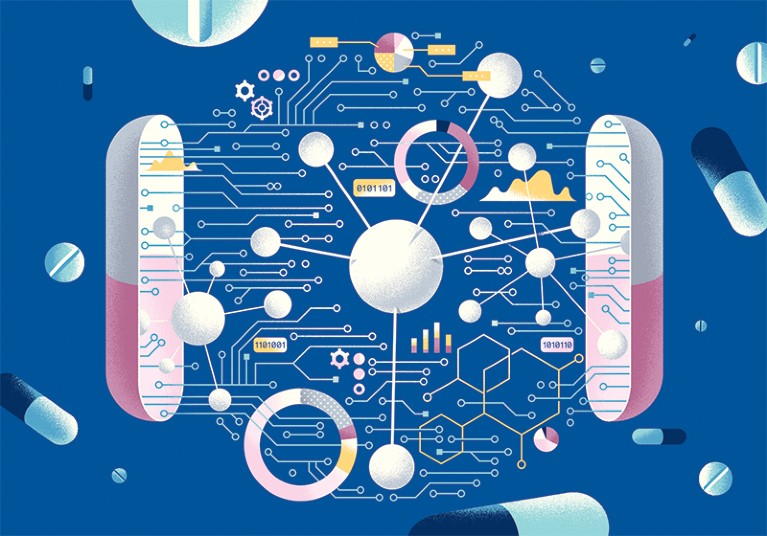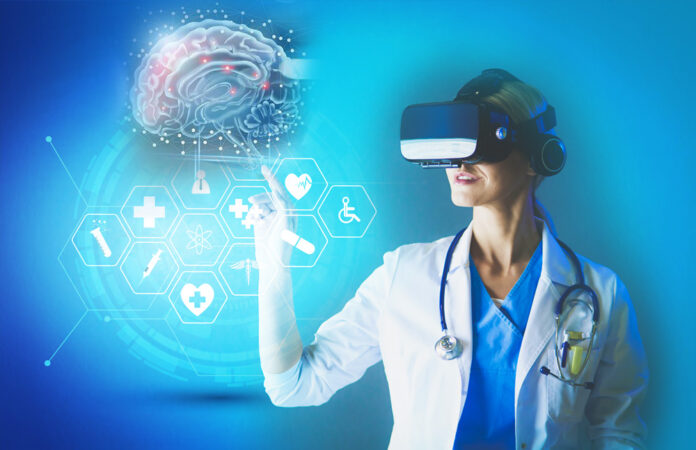Introduction
Artificial intelligence (AI) has emerged as a transformative force in numerous industries, and medicine is no exception. The integration of AI technologies in healthcare has paved the way for groundbreaking advancements, empowering medical professionals with powerful tools to improve patient care, diagnostics, treatment outcomes, and overall healthcare delivery. From early disease detection to personalized treatment plans, AI is revolutionizing the field of medicine and bringing unprecedented possibilities to the forefront. In this article, we will explore the ways in which AI is transforming medicine, and the potential it holds for the future.
Enhanced Diagnostics and Early Disease Detection
One of the key areas where AI is making significant strides is in diagnostics and early disease detection. By analyzing vast amounts of medical data, AI algorithms can identify patterns and anomalies that may elude human physicians. Machine learning models can analyze medical images, such as X-rays, MRIs, and CT scans, to detect signs of diseases like cancer, cardiovascular conditions, and neurodegenerative disorders at an early stage. This enables timely interventions and improves patient outcomes. Moreover, AI-powered decision support systems can assist doctors in making accurate diagnoses, reducing the risk of misdiagnoses and improving overall patient care.
Personalized Treatment and Precision Medicine
AI is revolutionizing the concept of personalized medicine by analyzing individual patient data and tailoring treatment plans accordingly. By considering a patient’s genetic information, medical history, lifestyle factors, and real-time monitoring data, AI algorithms can predict the efficacy and potential side effects of different treatment options. This enables physicians to develop personalized treatment plans that maximize the chances of successful outcomes while minimizing adverse reactions. Furthermore, AI can assist in identifying suitable candidates for clinical trials based on specific genetic profiles, accelerating the development of new therapies.
Streamlined Healthcare Operations and Administrative Tasks
AI has the potential to streamline healthcare operations and reduce administrative burdens, allowing medical professionals to focus more on patient care. Natural language processing (NLP) algorithms can automatically extract relevant information from medical records, eliminating the need for manual data entry and fhttps://media.nature.com/lw767/magazine-assets/d41586-018-05267-x/d41586-018-05267-x_15789480.jpgacilitating faster access to critical patient information. Chatbots powered by AI can handle routine patient inquiries, schedule appointments, and provide basic medical advice, freeing up valuable time for healthcare providers. AI can also optimize resource allocation, such as predicting patient flow, managing inventories, and optimizing staff schedules, leading to more efficient healthcare delivery.

Drug Discovery and Development
Developing new drugs is a time-consuming and expensive process. AI is revolutionizing the field of drug discovery by accelerating the identification of potential drug candidates. Machine learning algorithms can analyze vast amounts of biological data, including genomics, proteomics, and clinical data, to identify patterns and potential drug targets. This enables researchers to prioritize and design more effective drugs with higher success rates. AI can also simulate and model the behavior of new drug candidates, predicting their safety and efficacy profiles, thus reducing the need for extensive animal and human testing.
Remote Monitoring and Telemedicine
The rise of AI has facilitated remote monitoring and telemedicine, enabling patients to receive high-quality healthcare from the comfort of their homes. AI-powered wearable devices and sensors can continuously monitor vital signs, detect anomalies, and alert healthcare providers in real-time. This allows for early intervention in case of emergencies and improves chronic disease management. Telemedicine platforms equipped with AI capabilities enable virtual consultations, remote diagnosis, and treatment monitoring, extending access to healthcare services to underserved areas and improving healthcare outcomes for patients in rural or remote locations.
Conclusion
Artificial intelligence is transforming the field of medicine, revolutionizing diagnostics, treatment, healthcare operations, and drug development. From improving early disease detection to personalized treatment plans, AI empowers healthcare professionals to deliver better patient care and achieve superior outcomes. While the integration of AI in medicine presents exciting opportunities, it is crucial to ensure ethical considerations, data privacy, and ongoing collaboration between AI systems and healthcare providers. With continued advancements, AI has the potential to reshape the future of healthcare, bringing us closer to more precise, accessible, and effective medical care for all.

